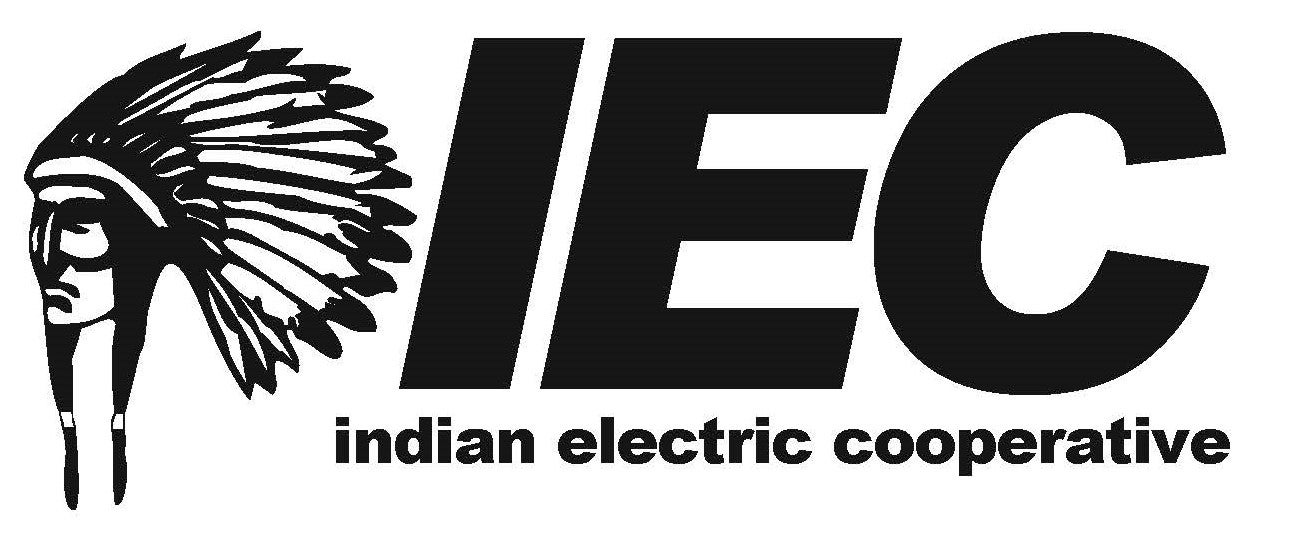
You are a member of an electric cooperative, and because of that you are entitled to earn Capital Credits.
Capital Credits is money Indian Electric Cooperative eventually will return to you for a portion of the electricity you purchase.
When a cooperative collects more money than it spends on operating expenses, the difference is called a “margin.” Having a margin for a given year does not mean that there is a pot of money sitting in a bank account somewhere. Typically, margins are invested in electric facilities. The “capital” in the term Capital Credits refers to money from cooperative members that is invested in capital equipment such as lines, substations and other facilities.
Since cooperatives must return margins to members, margins are “allocated” or assigned to members who belonged to the cooperative during the year in which the margin was generated. “Credits” in the term Capital Credits refers to margins credited to members for future repayment. Since non-profit cooperatives cannot pay dividends, capital credits are different than stock. Eventually, after a number of years, capital credits are “retired” or paid back to the members or former members to whom they originally were allocated. Of course, the cooperative must also have a margin in order to retire Capital Credits.
Related News Release: $5.1M in Capital Credits given back to IEC members in 2021
Allocating Capital Credits – the first step
When Indian Electric Cooperative shows a margin in a given year, your share of that margin is recorded as your Capital Credit allocation. As a member, your share of ownership is proportional to your share of member payments for electricity. This means that your capital credit account is based on how much you have paid to the cooperative.
Retiring Capital Credits – payback time
Indian Electric Cooperative bylaws recognize two different types of capital credit retirements. General retirements apply to all eligible members and former members, including commercial customers. Early or estate retirements are paid to a surviving spouse or an executor of estate, provided the financial condition of the cooperative will not be impaired.
Each year the board of directors reviews the cooperatives financial condition and decides whether a retirement can be made based on the margin left over after expenses are paid.
